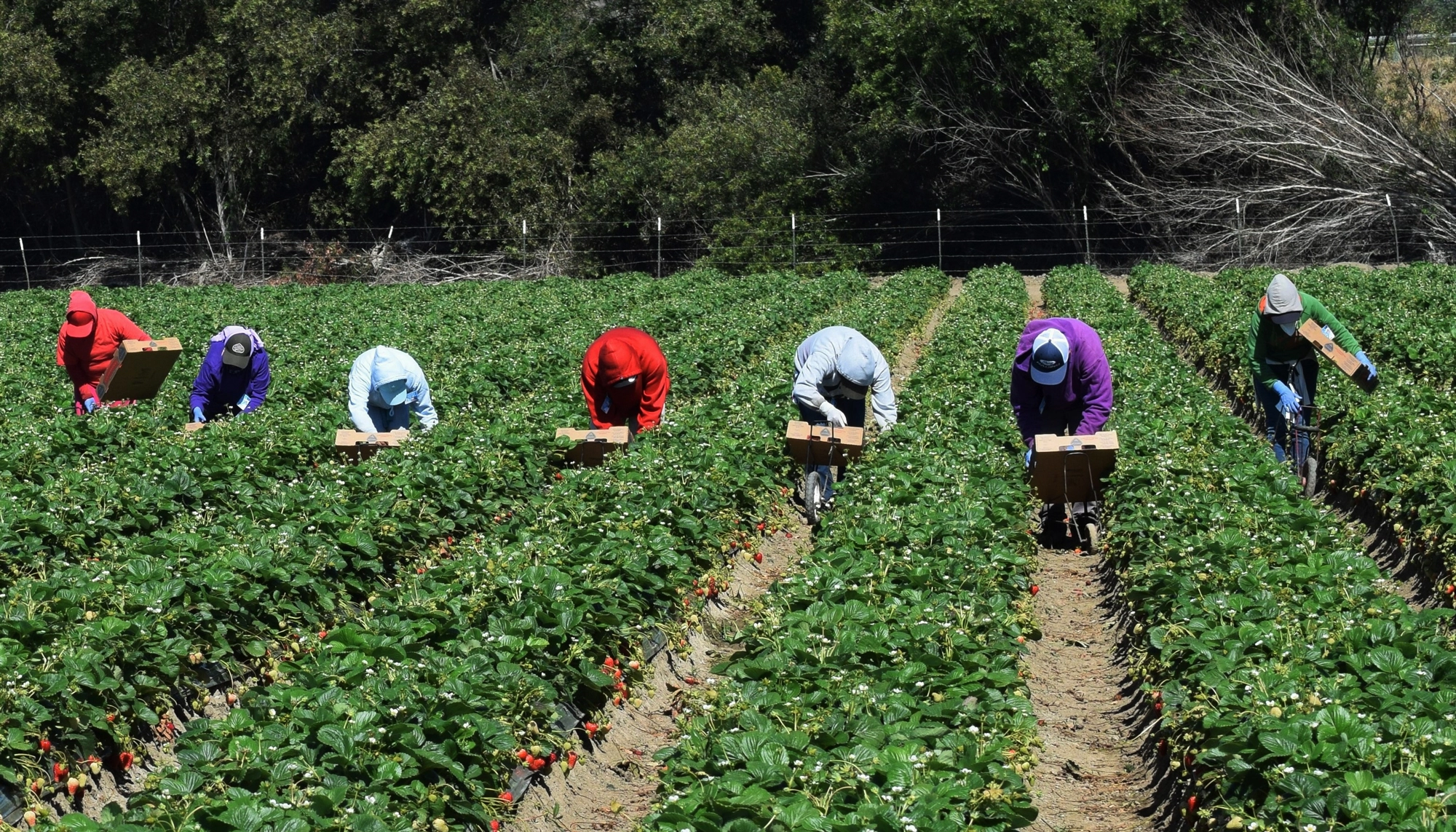



Article by: Hari Yellina
If COVID-19 has taught us much about migration, it is that Australia is reliant on it. Approximately 7% of our employees is on a temporary visa. During the pandemic, many overseas students, backpackers, and other temporary visa holders abruptly left, revealing how important these workers are to the Australian workforce. A new agriculture visa was created in response to industry demands for workers, Labor pledged an expanded Pacific Australia Labour Mobility Scheme, and international students were given unlimited work privileges. However, the government chosen on May 21 will inherit Australia’s grim record of foreign worker wage fraud.
Between 2016 and 2019, official polls of over 8000 international students repeatedly revealed that the majority were underpaid. One out of every four people earns less than half the minimum hourly wage, while nine out of ten people suffer wage theft in silence and do nothing about it. Nine out of ten people believe that many or all other migrant workers are underpaid. The problem was described as “systematic, prolonged, and disgraceful” by a Senate Committee investigating criminal underpayment of employees in March 2022. Because labour law violations are rarely consistently detected or punished, exploitation thrives. Because the system is stacked against them at every stage of the wage claim procedure, most workers are unable to pursue their employer directly.
The future government will have to make a decision. Its first option is to take the opportunity while the number of migrant workers in Australia is still relatively low to repair the components of the system that allow wage theft to grow. By explicitly signalling that foreign workers are valued members of the Australian community and workforce, meaningful change will help repair the damage inflicted by Australia’s treatment of migrant workers during COVID-19. The second option is to continue tinkering around the margins of the problem, purposefully placing hundreds of thousands of young migrants in exploitative, low-paying positions that they would most likely endure in quiet.
If the government is serious about reform, it must acknowledge that wage theft among foreign workers is a systematic problem, not the result of a few bad apples. Businesses who do the right thing must compete with the innumerable others who happily adopt wage theft as a business model, confident that they will avoid investigation or enjoy impunity. The government must face the fact that migrant workers are unable to report exploitation in a safe manner, and enforcement measures are ineffective. A cross-government migrant worker taskforce issued 22 specific proposals in 2019. The government has stated that it supports all of the suggestions, but has implemented just a small portion of them.
Many parliamentary inquiries since then have reiterated and added to these recommendations. These suggestions have also been mostly ignored. It is past time for an Australian government to raise the bar and take a systemic, evidence-based approach to migrant exploitation, learning from what is working in other nations. Australia cannot afford to lose this chance if it is truly committed to guaranteeing labour compliance and combating forced labour and modern slavery.